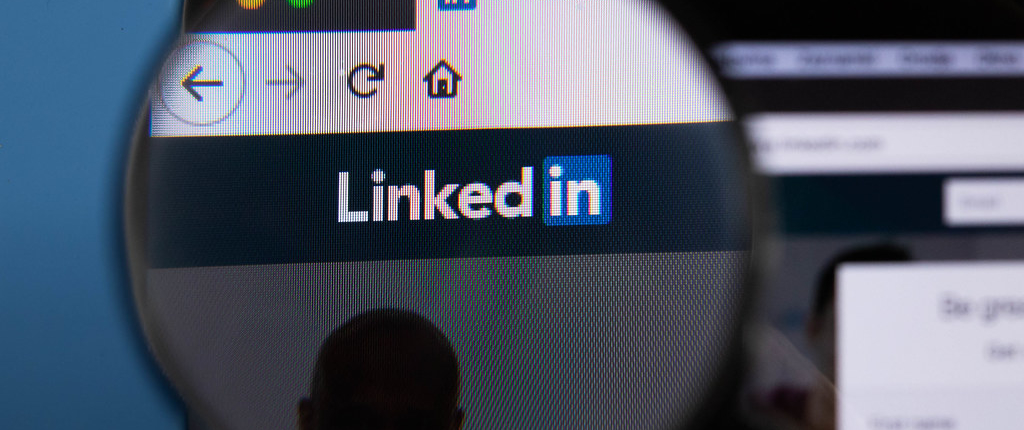Julie Kay | Daily Business Review| 12/31/2013
LinkedIn, the popular online business networking site, has reportedly agreed to change a setting that automatically lists a person’s professional “specialties” in response to concerns from The Florida Bar and other state bar regulatory organizations.
A LinkedIn senior legal counsel met with Florida Bar officials telephonically Dec. 17, according to Elizabeth Tarbert, ethics counsel for The Florida Bar.
The senior counsel, Catalin Cosovanu, reported that LinkedIn is in the process of changing its default setting so that attorney users of LinkedIn can voluntarily change their existing accounts to remove mention of professional specialties. The company is also working on changing the section in which outsiders can endorse individuals, Tarbert said. The change would allow attorneys to remove third party endorsements on their accounts as well.
LinkedIn representatives were unavailable for comment.
Listings of professional specialities and endorsements on LinkedIn have been sources of ethical concerns with The Florida Bar and other bar regulatory organizations such as the New York State Bar Association.
“It was a very positive meeting. It was nice they were willing to meet with us. Apparently we were not the only Bar that had an issue with these things.”
But the LinkedIn issue is just one area of concern for many Florida lawyers, who feel The Florida Bar has been overly strict in its new advertising and social media rules, which went into effect this past spring.
One prominent law firm, Searcy Denney Scarola Barnhart & Shipley of West Palm Beach, filed suit against The Florida Bar last month, asserting The Bar’s new advertising and social media rules violate the First Amendment.
The prominent personal injury law firm is represented by two First Amendment lawyers—Richard Bush of Bush & Augspurger in Tallahassee and Greg Beck of Gupta Beck in Washington — in the lawsuit filed in Tallahassee federal court.
The Florida Bar completed a massive overhaul of its attorney advertising rules, which were approved by the Florida Supreme Court. The rules, which regulate attorney websites, social media, ads and commercials, are widely considered the most stringent in the country.
Other law firms have sued The Bar over its attorney advertising rules in prior years. Beck said this is the first lawsuit targeting the new rules.
Barnhart called the apparent resolution of the LinkedIn issue “a laudatory move,” but noted it is only a small portion of the firm’s lawsuit. The firm is more concerned over The Bar’s regulation of firm websites; The Bar declared Searcy Denney’s website in violation of Bar rules.
“It really doesn’t have anything to do with advertising,” Barnhart said. “To go to someone’s website, you have to search it out. I see no difference between someone researching you on the website and sitting with you at your firm asking questions, except for driving time.”
The Bar is soliciting comments from lawyers about its new social media rules before a Jan. 23 meeting on the issue to be held at The Bar’s mid-year winter meeting in Orlando. The Bar has asked its committee on advertising to come up with an opinion on the topic after the meeting, to be voted on by The Bar Board of Governors.
Tarbert defended The Bar’s strict social media rules. When asked whether they are indeed the strictest in the country, she said, “I think maybe lawyers are not aware of what other state bars say. The New York Bar has also said lawyers can’t use specialty or expertise with LinkedIn as has South Carolina. The purpose is to protect the public from misleading information.”





